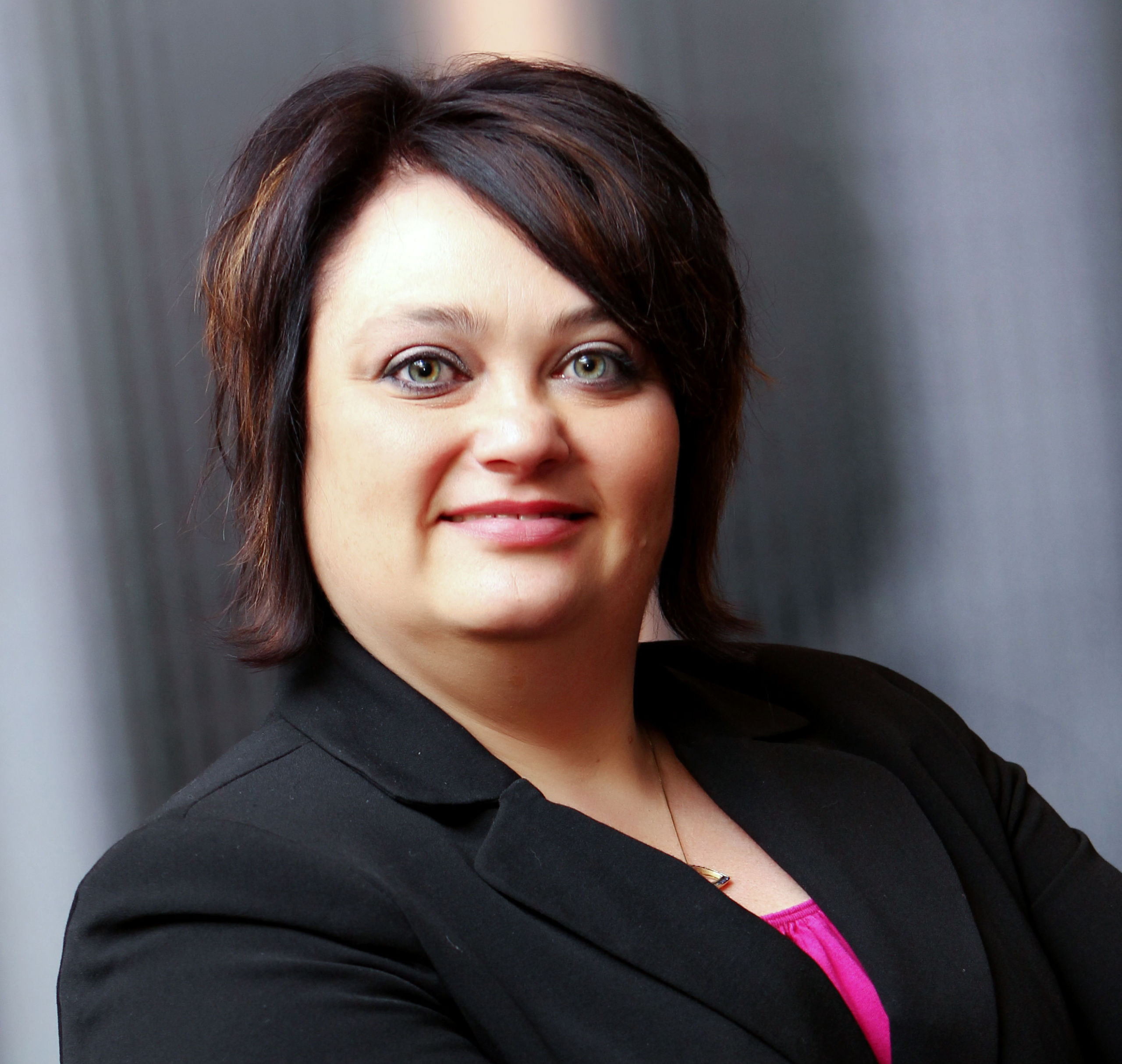Accounting firm consultant Katie Tolin recently pulled up a presentation she delivered two years ago on the future of marketing for accounting firms — just to see how much has changed since the onset of the COVID-19 pandemic.
“Think about everything we’ve traditionally done in person that’s not happening this year, and which I predict won’t happen through at least the first half of next year,” says Tolin, founder of CPA Growth Guides. “We’re not attending a conference, we’re not attending a local networking event, we’re not exhibiting at the industry trade show we go to every year, and we’re not having drinks with a group of prospects or referral sources after work,” she adds.
Tolin says she took a sheet a paper, wrote down all those items we cannot currently do, and then wrote next to each item, What can we do in place of this?
“What can you do in place of handshakes? What can you do in place of speaking at a conference?” she asks. “We need to look at different marketing tactics, including things that people have never tried before, because there is no roadmap for how we get through a pandemic. It doesn’t exist.”
Charting a successful course
While that’s true, Tolin says the path is being forged. Here are six ways Tolin sees accounting professionals charting a course through this challenging terrain:
1. The marketing playbook is being rewritten
Successful accounting firms will take risks and try untested ideas, Tolin says, adding that we’re in a situation where there are no best practices. “For accountants who thrive on best practices, who want to know what somebody else did, this is really hard,” she explains. “I might be able to tell you what somebody else did last week, but I can’t tell you yet if it worked.”
The key, she says, is a willingness to experiment. “You need to look at what you’re no longer able to do and come up with substitutions,” she adds. For example, try virtual happy hours. Tolin describes how one firm with which she works deals with high net worth individuals the firm can no longer wine and dine. “So, send them a bottle of wine, and set up a Zoom call at 5 o’clock to have a glass of wine and just talk,” Tolin says.
Another tactic: If you regularly speak at events, try a webinar series. Or, if you rely on face-to-face networking, develop a virtual roundtable for people with similar business interests and challenges. Or, maybe try digital advertising. “That’s like your handshake,” she adds. “That’s saying ‘Hi, I’d like to meet you.’”
Finally, if you haven’t optimized your website, do it now, Tolin says. “You need to have a website that can be found by Google — that’s the way to meet people.”
2. Clients need new solutions for their new normal
The current crisis has upended the businesses that accounting firms serve — so, a reset is required. “Forget what you thought the prospect needed — it’s no longer relevant,” Tolin explains. “If they’re in your pipeline because you wanted to do their 2020 tax return, throw that out the window. Get on the phone and figure out what they need.”
Questions for clients could include asking what they’re considering in terms of staffing, or if they are making any changes. Have they altered production? If they’re a manufacturer, have they changed their packaging? “There probably is a need there,” she says. “But I guarantee it’s not what you thought it was going to be.”

3. Marketing budgets and teams are shrinking
“I believe marketing departments of the future will be smaller, which is hard in a CPA firm because they’re already small,” Tolin predicts. “Anybody you hire to oversee marketing needs to be a visionary, and they’re going to have to have excellent project management skills.”
Tolin believes the budgetary squeeze will push firms to build rosters of best-in-breed marketing contractors — writers, web developers, social media managers, video specialists, search engine optimization experts, etc. — with whom they will engage as needed. “In today’s gig economy, there are very specialized people out there who know the accounting space and can be incredibly beneficial to you,” she says. “Long gone are the days when somebody hires an agency to do everything for them. It will be gigged and specialized.”
4. Use of marketing technology will grow
Like many other professional service firms, accounting firms will turn to technology to streamline operations and measure results, Tolin says. For some firms, this will start with the basics — a customer relationship management platform, segmented market data, and email marketing software. Other firms will update and optimize their websites or deploy technology for video production and social media management. Larger firms will increasingly leverage data analytics to monitor and report marketing results, she predicts.
5. Boundaries will fall & specialization will rise
Tolin believes working remotely is here to stay, and it will create new market opportunities for accounting firms. “Virtual will be part of the future — not just in how a firm operates, but in how it markets,” she says. “Firms right now should be rethinking their geographical reach.” She recalls that when she started in the industry, the norm was ‘working within 60 miles of the office.’
“Well, that doesn’t matter anymore — you can do business with anybody in the U.S., anybody in the world.”
The key to success in a virtual practice is an in-demand specialty. “I met a sole proprietor who built a practice helping people who sell on Amazon and Etsy, and she doesn’t care where you’re located,” Tolin says. “If you’re selling on Amazon, she’s your person.”
Indeed, Tolin predicts that the industry is going to see more and more of that, especially at smaller firms — and that’s going to lead to more growth. “Rather than trying to serve the local banker, the doctor next door, and the real estate guy across the street, these smaller firms would be smart to think about what their specialty is, drop the borders, and just go for it.”
6. Empathy and engagement will still rule
Social distancing will not change the fact that a human touch is the firm foundation of good marketing and business development. “Just call your clients and prospects and have a conversation,” Tolin advises. “See how they are, or provide a tip, a free piece of advice, something to help them.” Even if your prospect doesn’t have an immediate need, they’ll remember you were there and you listened, she adds.
“I guarantee by doing good for others, it will come back and be repaid to you in some way.”




